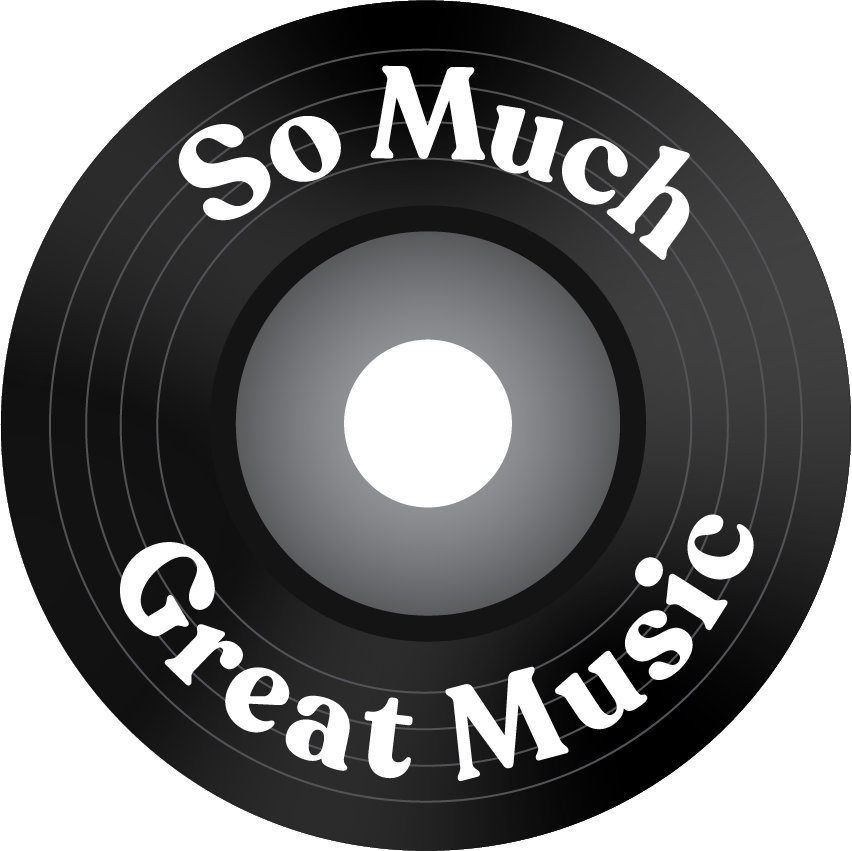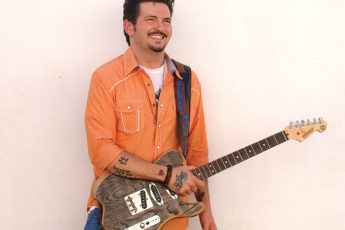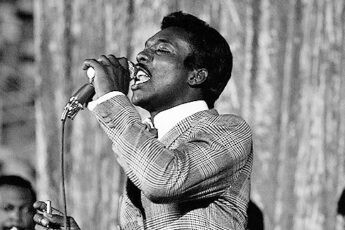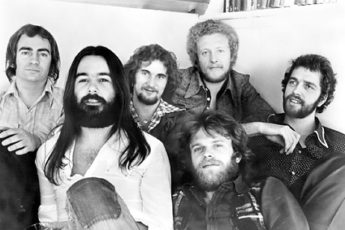Could alt-country have started without…Bob Dylan?
Hailed as “The Voice Of His Generation,” Bob Dylan has written over 500 songs, which in turn have been covered by more than 2,000 artists from among dozens of genres. This one’s my favorite.
‘Absolutely Sweet Marie’ appeared on Dylan’s 1966 classic “Blonde on Blonde,” an album that included ‘Rainy Day Women,’ ‘I Want You,’ ‘Stuck Inside of Mobile’ and ‘Just Like a Woman’ in addition to this lesser-known tune. The radically transformed version of it by Nashville’s Jason & The Scorchers was recorded for their little-noticed 1983 EP “Fervor” in a gloriously ragged, high-voltage twang that fused alternative rock and country music to blaze a trail for the alt-country movement which would follow in its wake, ultimately crystallizing with Uncle Tupelo’s epoch-defining 1990 record “No Depression.”¹ Besides Uncle Tupelo, would ‘90’s originating bands like Wilco, Sun Volt, The Bottle Rockets, The Jayhawks, Old 97’s, Whiskeytown, Cowboy Junkies, and Drive-By Truckers have come along without it? What about those that arrived in the ensuing wave and remain predominant today, such as American Aquarium, Lucero, The Mavericks, My Morning Jacket, and Jason Isbell & The 400 Unit? Really, who could say. What’s certain, though, is that this record, and this incendiary version of ‘Absolutely Sweet Marie’ in particular, was a real groundbreaking bend in the road for my own listening, and, as it obviously turned out, I was far from alone.
Clashing with Country
Namesake bandleader of Jason & The Scorchers, Jason Ringenberg, had said he wanted them to “sound like a religious service…only a lot dirtier.” And one early critic determined that the band had been able to “erect a sound that approximated nothing so much as Joe Strummer (The Clash) hurling a wrecking ball through the Grand Ole Opry.”
Sadly, and, I suppose, predictably, it didn’t last too long. Though retrospective collections, sporadic reunions, and subsequent releases have kept the name alive well into the 2000’s, the Jason & The Scorchers era most would consider their real prime survived only from 1982 to 1987, producing no more than 2 EP’s (including “Fervor”) and 2 full-length albums after being signed by EMI. Mainstream rock stations considered them “too country” while mainstream country stations considered them “too rock.” The band suffered departures and then serious illnesses. Scorchers guitarist Warner Hodges later stated “We didn’t break up, we fell apart.”
A scorching legacy
But they undoubtedly did so having left a significant mark on music history. A big, greasy, delicious southern-fried blotch at that. Robert Christgau (Rolling Stone, Village Voice, Esquire), among the most revered, and influential rock critics ever, praised “Fervor” after its release saying “Jason Ringenberg leads a band no one can accuse of fecklessness, dabbling, revivalism, or undue irony.” And they achieved all of that with some fire-breathing guitar, rebel yell vocals, and all the vainglorious attitude of the dirty south, that simultaneously introduced a new music sub-genre and influenced scores of critical bands to come. To take nothing away from Nobel laureate and bard of rock and roll, Bob Dylan, I’m not sure you can do it much better than that.
¹the quarterly magazine No Depression, launched in 1995 and identified as “the journal of roots music,” took its name from here. It’s also as fine of a resource for long-form reporting and deep analysis of outstanding, less-commercialized music (in other words, good stuff) as you’re likely to find.







Rob MacMahon
October 5, 2021 1:27 pmLove these guys. Your write-up made me put on my old copy of Still Standing. And it still stands up. The 80s were such a diverse decade where you could love the likes of The Scorchers, REM and The Cure all at the same time.